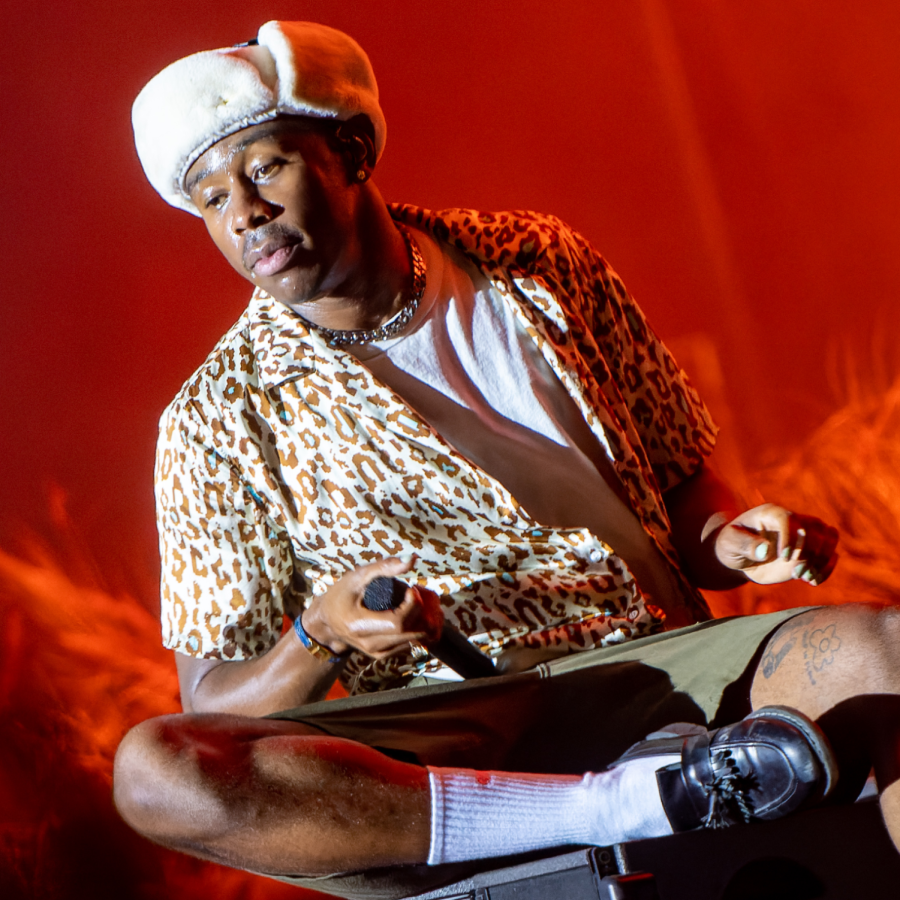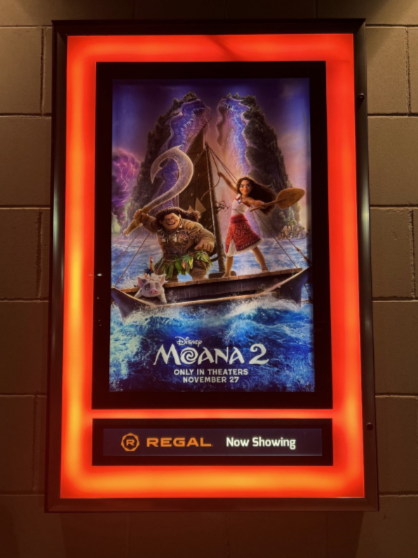Recognizing the Racism in the Music Industry
Raph_PH, CC BY 2.0
Raph_PH, CC BY 2.0
Music in the U.S. has come to evolve from the direct influence of Black culture; from the introduction of rock to the smooth jazz that plays in your favorite coffee shop, Black culture has influenced it all. However, despite the major contributions by Black people to many of what we know today as “the classics” and household favorite songs, since 1957 only 10 Black artists have won a Grammy for the prestigious and highly sought after album of the year award. The extent to which Black musicians are undervalued and under-appreciated goes even further than
this specific award show.
The development of music in this country can be traced as far back as times of slavery. Art forms such as jazz and rag time originated from African American culture in the south from African slave songs, rhythms, and hymns. These genres of music have been used to shape some of the most popular kinds of music we see today. According to a PBS article about music history, even back when newer forms of music influenced by the Black community started to become popular, people with major influence at that time such as Henry Ford and Thomas Edison called it “immoral.”
Thankfully, comments like that were not enough to stop the fast growing spread of African-American influenced music. The dismissal of Black talent in the music industry is rooted in racism. For example, Elvis Presley is recognized as one of the most iconic musicians of all time for his rockabilly (a subgenre of Rock n’ Roll that combines country and rock), R & B, and types of blues music. However, a large majority of his songs were either covers of songs by Black artists such as Willie Mae “Big Mama” Thornton and Chuck Berry, or influenced by the Black music clubs he spent a lot of his time in.
While Presley was undeniably talented, the issue with his “work” is that once again White musicians are being credited as pioneers of music, while Black musicians such as Otis Blackwell are imitated by musicians like Elvis and are left with their names in the dark and ignored for the work and dedication that they put into their art. In a Mirror.co.uk article, a jazz trumpet player named Wynton Marsalis explained it well. He said, “To me Elvis represented somebody who- because our country was not ready then to embrace the Black artists and make them No.1- became No.1 because of his rendition of what some Black people sounded like.”
Unfortunately, there has been little change in terms of giving credit where credit is due in today’s music climate, especially when it comes to Black artists. Despite the heavy impact of Black people on these advancements in the music we know and love today, the talent of Black musicians is continuously stifled and taken for granted in the American music industry. American music companies cater more to the success of white artists, causing Black musicians to have to face more obstacles during their climb to achieve their goals. A NAACP report states that “at every level of the industry, barriers exist that severely limit opportunities for Blacks.”
A prime example of this is when, in 2019, Black musician Lil Nas X dropped “Old Town Road”, one of the biggest songs of the year, yet lost out to Bad Guy by Billie Eilish for the Song of the Year and Record of the Year awards. How is it possible that despite a record of 19 weeks at #1 on the billboard chart, he walked away with nothing? To add insult to injury, when “Old Town Road” had been a chart topper on Billboard’s Hot Country Songs chart, it was removed “citing that it had no reason to appear there in the first place,” as reported by theboar.org despite the fact that it was a country song. This directly shows how Black artists are stuck into confining categories that prevent them from being able to expand their careers, another method of American music companies trying to limit their success.
FKA Twigs, singer of Cellophane, told The Guardian in 2014, “When I first released music and no one knew what I looked like, I would read comments like, ‘I’ve never heard anything like this before, it’s not in a genre.’ And then my picture came out six months later, now she’s an R & B singer.” When record labels, music companies, and media label Black musicians as “urban”, R & B, or hip-hop simply because they are Black, it restricts them from being able to branch out and find their identity as a musician. This attempt to keep the music industry segregated in a way, feels like a slap in the face when albums or songs that fit into so many different categories are pigeonholed into the same three boxes. This was Tyler, The Creator’s issue with his 2019 album “IGOR” winning Best Rap Album in 2020.
When accepting the award for the album Tyler said, “on one side, I’m very grateful that what I made could be acknowledged in a world like this, but also, it sucks that whenever we — and I mean guys that look like me — do anything that’s genre-bending or that’s anything, they always put it in a rap or urban category, which is— I don’t like that ‘urban’ word. That’s just a politically correct way to say the n-word to me.” It’s gratifying for artists to be recognized for their work, however, when the industry and executives give awards simply to appease the uproar caused by their negligence of the Black community, the award loses a bit of its value. As this type of undermining is not new, it begs the question “will things ever change?”
While it is apparent that racial bias plays a large part in the success or lack-thereof in the careers of Black musicians. It is important to note their various and many accomplishments they have achieved regardless of the odds stacked against them. Black artists have overcome many obstacles thrown their way, some becoming some of the most influential and popular names of the century, like Beyoncé, Kendrick Lamar, Frank Ocean, and much more.
Nevertheless, in order to achieve racial equality within the music industry changes must be made. It is impossible to reverse years of institutionalized and embedded racism found throughout the music industry overnight but hiring more “Pro-Black” executives in music companies, ensuring that Black musicians profit from their successful billboard toppers, and refraining from forcing genre labels onto Black artists is a good start.
Rapper and music producer, Diddy, put it best during his pre-Grammy party speech in 2020,when he said “So right now, in this current situation, it’s not a revelation. This thing’s been going on. It’s not just going on in music. It’s going on in film, going on in sports and going on around the world. And for years we’ve allowed institutions that have never had our best Interests at heart to judge us. And that stops right now.”
Your donation will support the student journalists of Patriot High School. Your contribution will allow us to purchase equipment and cover our annual website hosting costs.







